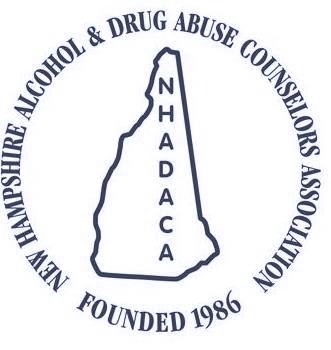|
The federal privacy protections for substance use disorder (SUD) treatment records, have changed again, effective January 13, 2021. This change follows on the heels of the “transitional” rule finalized by the Substance Abuse and Mental Health Services Administration (SAMHSA) in July 2020 and amidst anticipated changes to Part 2 and possibly HIPAA. This resource explains the recent change and what it means for patients and providers (PDF version with citations).
Key Summary
What changed: A court may now authorize disclosure of a patient’s Part 2-protected records containing confidential communications if the disclosure is necessary to investigate or prosecute an extremely serious crime committed by anyone – no longer limited to extremely serious crimes allegedly committed by the patient. 42 CFR § 2.63.
Effective date: January 13, 2021
Official source: https://www.govinfo.gov/content/pkg/FR-2020-12-14/pdf/2020-25810.pdf
Discussion
Background: Federal privacy law protects the confidentiality of certain SUD treatment records (referred to here as “Part 2 records”) and generally prohibits the criminal legal system from using Part 2 records against a patient in a criminal investigation or prosecution. In individual cases, a court may authorize disclosures of Part 2 records if the court follows the procedures set forth in Part 2 and makes the necessary findings that there is “good cause” for the disclosure.
Confidential communications are subject to even stricter privacy protections in court. A court may only authorize their disclosure in very limited circumstances, including in connection with an extremely serious crime, like murder, rape, or kidnapping.
2017 amendments and 2020 amendments: In 2017, SAMHSA amended the regulations to further restrict disclosure by limiting these circumstances to extremely serious crimes allegedly committed by the patient. In 2019, SAMHSA said this change was introduced in error and proposed returning to the pre-2017 standard. Legal Action Center argued that SAMSHA should maintain the more protective standard in order to prevent fishing expeditions by law enforcement and unnecessary privacy violations, particularly in over-policed communities of color. Legal Action Center disagrees with SAMHSA’s recent emphasis on using federal law enforcement and the criminal legal system to address public health issues like substance use and overdose fatalities. However, SAMHSA finalized the amendment as proposed.
What the change means for patients and providers: Courts may now authorize disclosure of confidential communications where the disclosure is necessary to investigate or prosecute an extremely serious crime allegedly committed by someone other than the patient – for example, a fellow patient, a former patient, or an employee. Important: If the confidential communications will be used to criminally investigate or prosecute the patient, the court may only issue the order if it meets additional requirements in Section 2.65.
Confidentiality & Communication, revised 8th edition: The revised 8th edition of Confidentiality & Communication (Oct. 2020) flags this change in Chapter 3’s discussion of court orders. At the time of publication, the change was not yet finalized. Readers can supplement the discussion in Chapter 3 with this resource.
About Confidentiality & Communication. The revised edition of the book incorporates all the changes to Part 2 in the 2017, 2018, and July 2020 amendments, and also flags the areas subject to change in the anticipated rulemaking required by the Coronavirus Aid, Relief, and Economic Security (CARES) Act. For more information about federal health privacy protections for substance use disorder treatment records, visit our resources or subscribe to our updates.
This document is informational and does not constitute legal advice.
|
